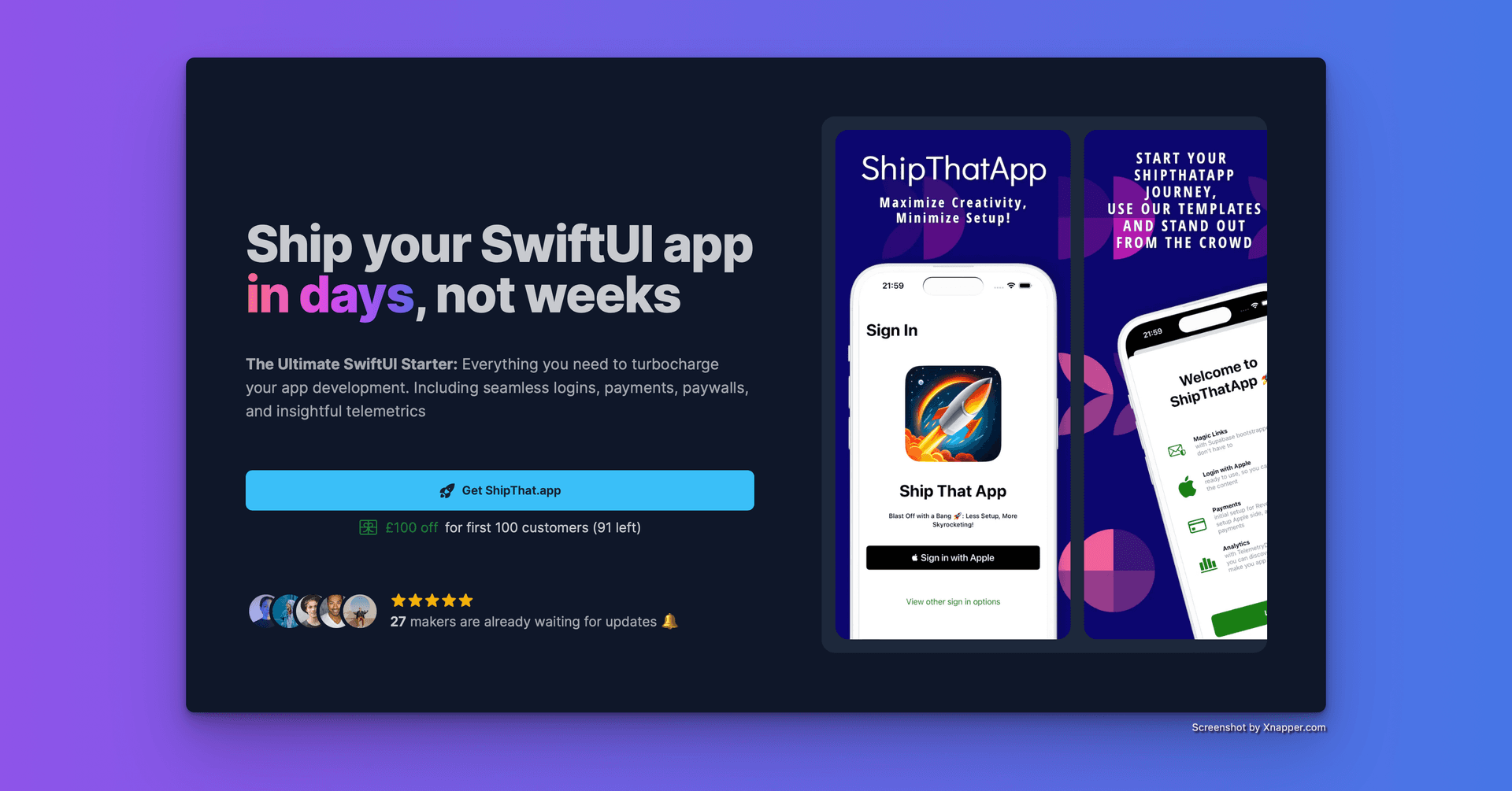2024-05-10
How to Test Startup Ideas Quickly Using SaaS Templates
Explore the effective strategy of using SaaS templates for quick and cost-effective startup idea validation and MVP development. Learn the process, benefits, and how to maximize their potential for your business.

How to Test Startup Ideas Quickly and Cost-Effectively Using SaaS Templates
In the ever-evolving tech landscape, speed and efficiency are key. For startups, this means being able to quickly test out ideas without breaking the bank. One of the most effective ways to achieve this is through the use of SaaS templates and landing pages. This blog post will delve into the nuances of utilizing these tools to validate your startup ideas, offering a deep dive into the process, benefits, and strategies for maximizing their potential.
The Importance of Idea Validation
Before we jump into the mechanics of using SaaS templates, it's crucial to understand why idea validation is so important. Validating your idea before fully committing to it can save you countless hours and a significant amount of money. It helps ensure that there is a demand for your product or service, which is a vital step towards building a successful business.
Understanding Your Market
The first step in validating your startup idea is understanding your market. This involves conducting thorough market research, analyzing competitors, and defining your unique value proposition. Websites like DesignWithValue offer courses and resources that can guide you through the process of finding and validating your SaaS idea.
Setting Up Landing Pages
Landing pages are an excellent tool for testing your business ideas quickly and inexpensively. They allow you to gauge interest in your product or service by capturing potential users' and customers' data before you've even built the product. A well-crafted landing page should be focused on clear and concise copy, utilize pre-made templates for efficiency, and incorporate a compelling call to action (CTA). Tools like Unbounce and template websites such as Themeforest and StartBootstrap provide a good starting point for setting up your landing pages.
Building a Minimum Viable Product (MVP)
Once you've validated the need for your product or service, the next step is to build a Minimum Viable Product (MVP). An MVP allows you to test your product concept with actual users, gather feedback, and make necessary adjustments without a huge upfront investment.
Focusing on Core Functionalities
The key to a successful MVP is focusing on core functionalities that solve the primary problem for your target users. This approach ensures efficiency and cost-effectiveness during the development phase. Resources like Acropolium offer insights into creating MVPs specifically for SaaS development, emphasizing the iterative approach to refining the product based on user feedback.
Benefits of SaaS MVP Development
SaaS MVP development stands out due to its efficiency and cost-effectiveness. It allows startups to validate their product concepts and pivot if necessary before investing heavily in full-scale development. For further reading on reducing development costs and speeding up the product to market, Acropolium provides comprehensive guides on reducing software development costs and building scalable web apps.
Conclusion
Testing your startup ideas doesn't have to be an expensive or time-consuming process. By leveraging SaaS templates and landing pages, you can validate your ideas, build a feedback-informed MVP, and set your startup on the path to success with minimal risk. Remember, the goal is to learn as much as possible about your potential users and their needs, iterate quickly, and pivot as necessary.
For those looking to dive deeper into SaaS solutions and startup strategies, exploring expert resources such as Acropolium’s expertise in SaaS development can provide valuable insights and guidance.
This journey of validation and MVP development is just the beginning. Stay informed, stay agile, and let the market guide your decisions. Your startup's success depends on your ability to adapt and respond to your target audience's needs. Happy building!



